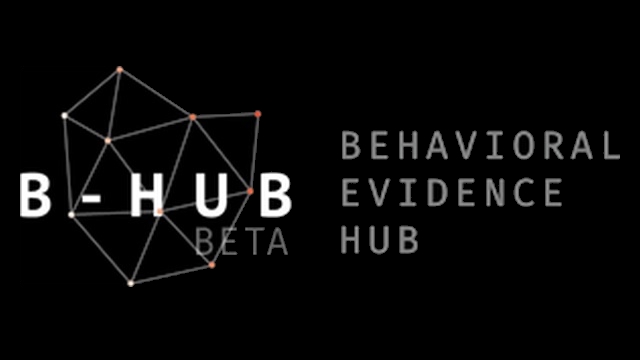
Journal review: Knowledge and Process Management
This article is part of a series that is progressively reviewing journals for their KM content.
| Official Journal Synopsis | Knowledge and Process Management (KPM) aims to provide essential information to executives responsible for driving performance improvement in their business or for introducing new ideas to business through thought leadership. The journal meets executives’ needs for practical information on the lessons learned from other organizations in the areas of knowledge management, organizational learning, core competences, and process management.
In addition to detailed case studies, the journal also publishes research papers containing new thinking from leading business schools as well as practical principles drawn from cross-company surveys. |
||||
|---|---|---|---|---|---|
| Publisher | Wiley Online Library | ||||
| Significant Figures | Editor Professor Anthony Wensley, University of Toronto | ||||
| Indexes | Google Scholar Issue Index CrossRef |
||||
| Issues | 107 | Ongoing? | Yes | Open Access | Hybrid |
Knowledge and Process Management is one of the “Big 5” of KM journals according to the 2017 review of citation impact by Serenko and Bontis, along with the Journal of Knowledge Management, Journal of Intellectual Capital, The Learning Organization, and Knowledge Management Research & Practice.
The journal publishes a broad range of articles with high relevance to KM including a good mix of theoretical discussions, literature reviews and case studies. The January/March 2020 issue is fully open access and provides a useful sample of article tone and quality. There is a confidence to the academic tone of most articles, with extensive citation of other papers and authors are clearly comfortable within the existing KM paradigm.
The main criticism to be noted is a weakness common to much of the contemporary KM literature, where there is an over-reliance on non-experimental designs for research. Typically, empirical studies involve quantitative self-evaluation by staff in single organisations to infer linkages between practices and KM outcomes, or qualitative analysis and discussion of observed organisational behaviours. This inevitably has very weak predictive outcomes, especially without foundational experimental research to provide initial support for the hypothesis being tested.
An improved focus on experimental is something that we would very much like academia to address in the KM space. The lack of actionable experimental knowledge is a continued frustration for many KM practitioners. At the moment experimental research mostly has to be identified in parallel disciplines and “imported” to the overall KM discourse.
While KPM (like most KM journals) is closed access, Wiley Online does utilise a hybrid access model known as OnlineOpen, where authors may pay a fee to make their article open access. In some cases, where research funding was provided by a government institution, the final article is also made open access as a condition of publication. Even so, roughly 90% of articles in KPM are not freely available under this regime.






